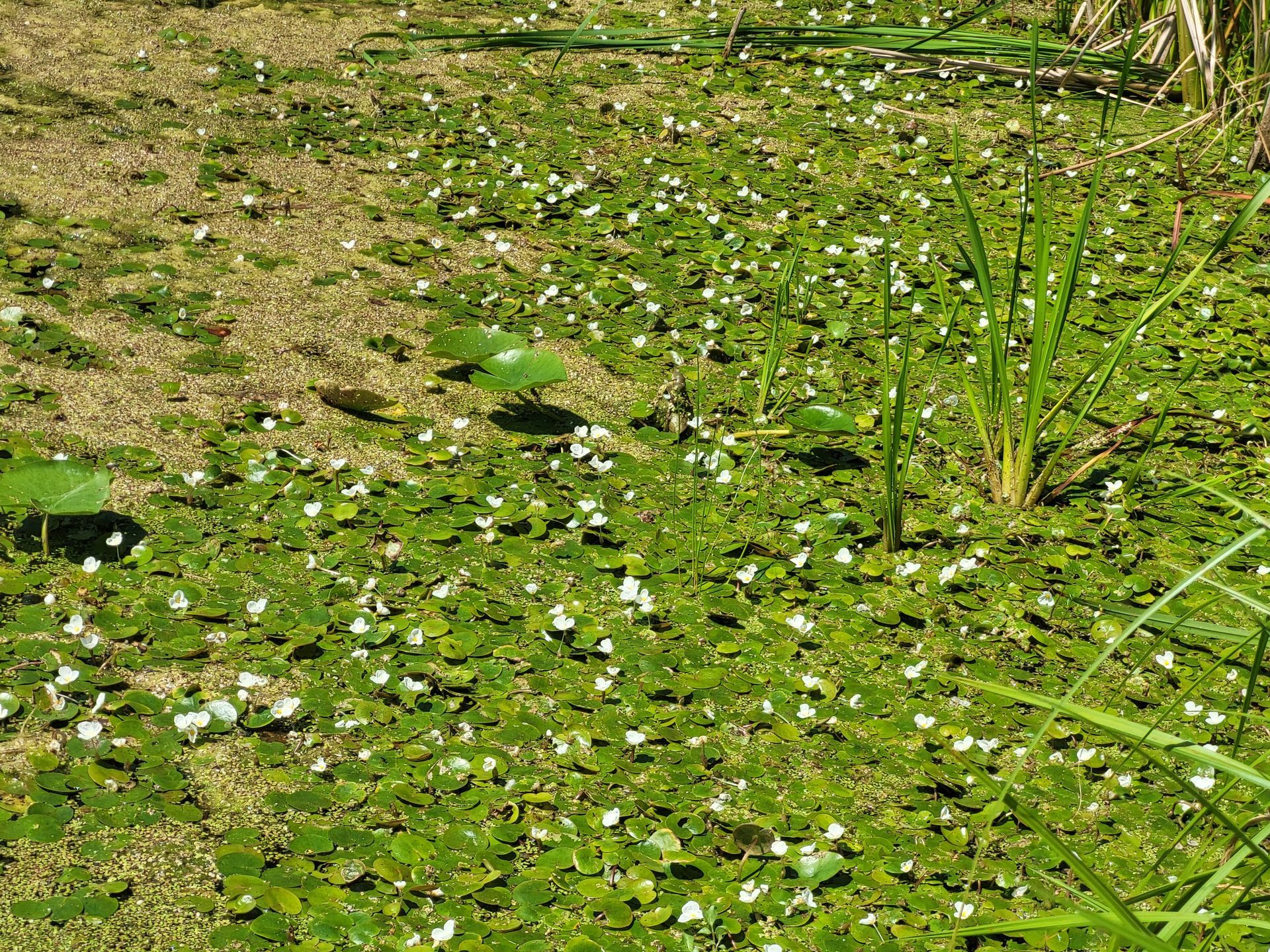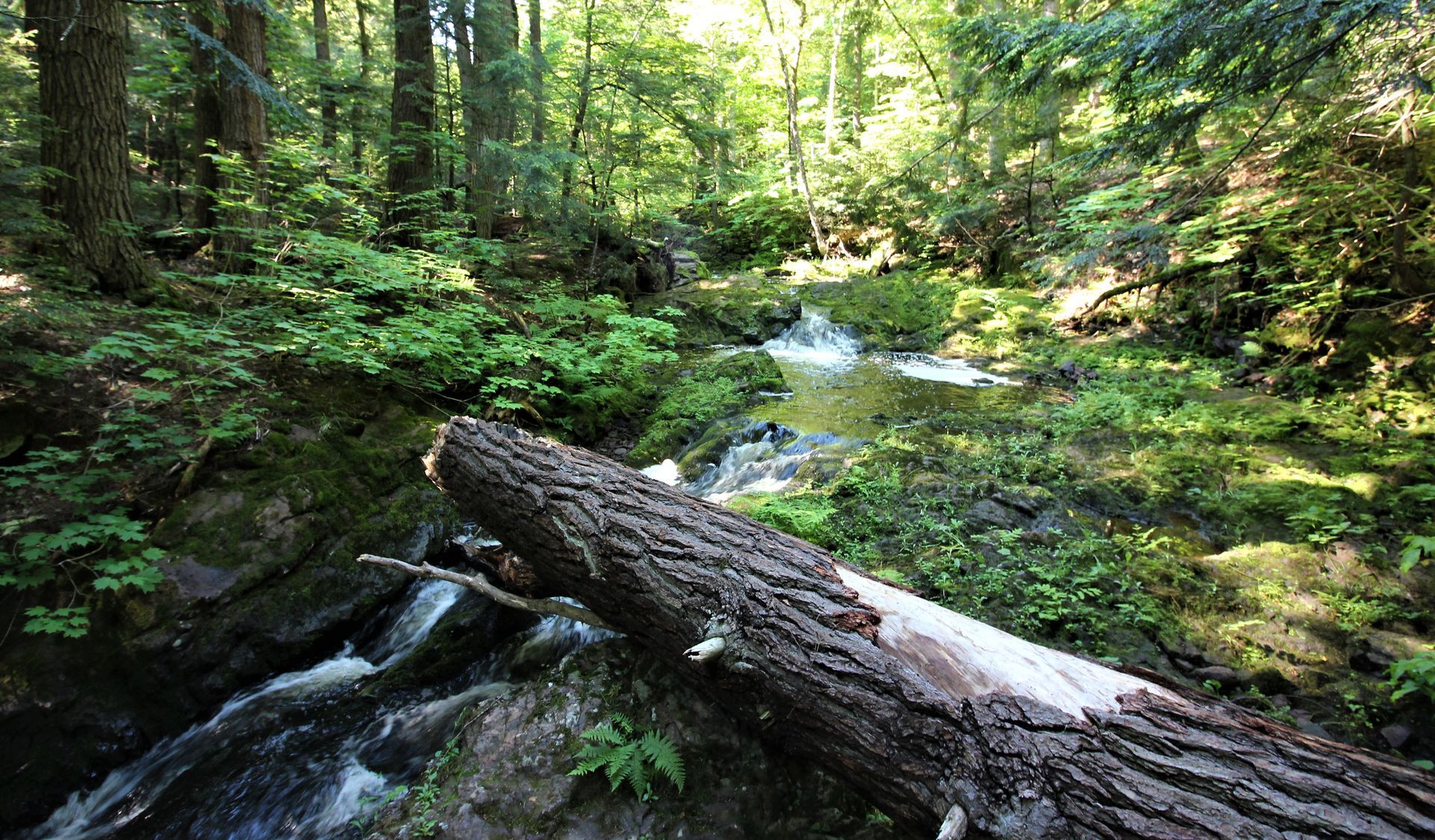October NRC Preview
A wolf management decision tree requested by commissioners will be unveiled at the October Natural Resources Meeting in Escanaba.
The Oct. 12 meeting is scheduled to begin with Coffee with Commissioners from 8 to 9 a.m. The agenda for the meeting can be found here.
While in the UP, commissioners will have pike, warm water fisheries regulations, steelhead, and wolves on the agenda.
Over the summer, Natural Resources Commission (NRC) Chair Tom Baird noted that the commission had requested a decision tree to be developed for implementation when or if wolves become delisted in Michigan.
The intent is to have a structure based on the current wolf data at the time that will guide commissioners to decide on the best management structure for wolves. Rather than waiting years for biological data and research triggered from a delisting, this approach would allow commissioners to access available information.
Michigan United Conservation Clubs (MUCC) supports wolf hunting and trapping in Michigan. The decision tree should provide commissioners a roadmap to put a season in place, said Amy Trotter, chief executive officer of MUCC.
“Having population counts and biological data before delisting occurs and ensuring that it is updated to reflect population trends is good for hunters, trappers and conservationists,” Trotter said. “This process will help Michigan avoid what happened in Wisconsin— a stain on legal wolf hunts everywhere.”
In Wisconsin, the legislature created a “triggered” season that immediately went into place once wolves were delisted, feeding into anti-hunting sentiment and taking the decision out of the hands of natural resource managers based on population or on-the-ground considerations.
Commissioners will also be taking up steelhead regulations, with an as-of-yet unreleased amendment from Commissioner David Nyberg expected. More details on the orders in front of commissioners can be found in MUCC’s September Recap HERE .
There will be no new orders for commissioners this month.
Commissioners will also receive presentations on northern pike in the UP inland lakes, lake trout regulations at Stannard Rock, and white-nose bat syndrome.
There are five land transactions on the agenda for the director. MUCC reviews all land transactions exceeding 80 acres. At the time of writing, there were no links to review any transactions.
MUCC will be streaming the meeting on our Facebook page as technology allows.
To ensure our natural resources remain protected and managed thoughtfully and our outdoor heritage defended, join Michigan United Conservation Clubs today: http://bit.ly/JoinMUCC .
The post October NRC Preview appeared first on Michigan United Conservation Clubs.
Recent Posts



